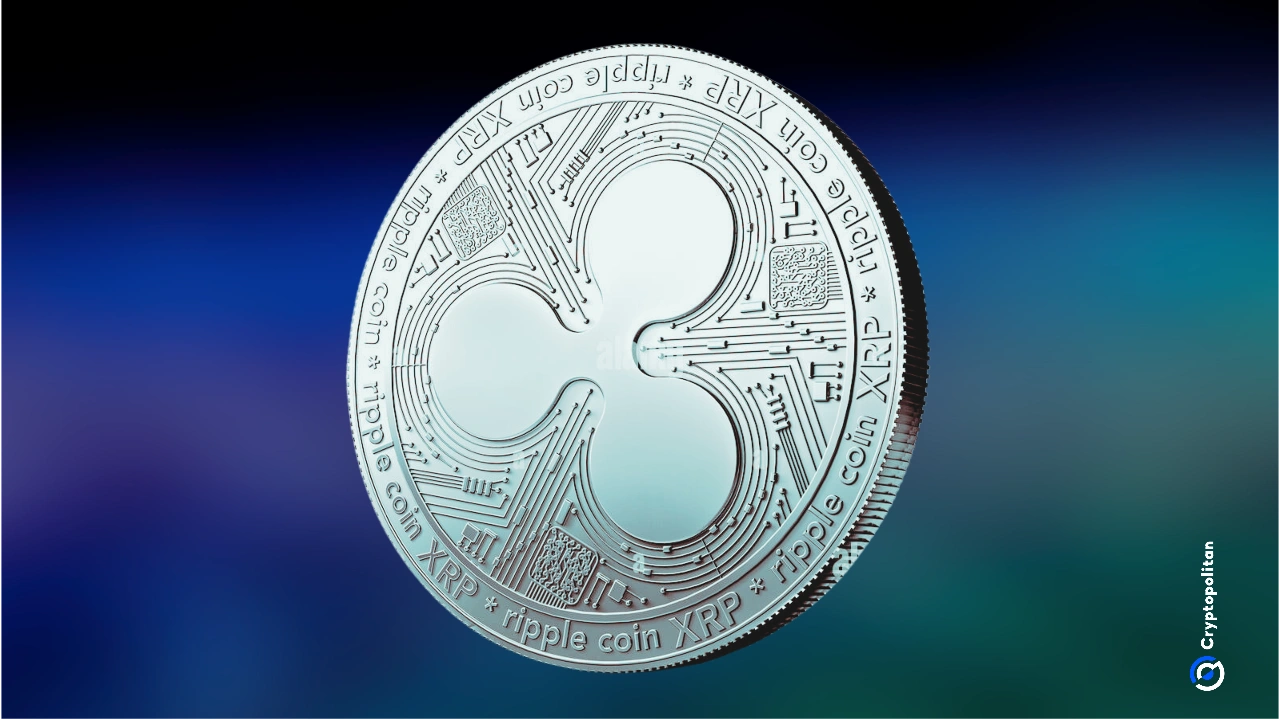Cardano Foundation has introduced Veridian, an open-source digital identity platform to enhance the security and control of personal and organizational data.
According to the official release, the platform aims to address growing concerns over data breaches, which have become increasingly frequent across various industries.
With the first product, Veridian Wallet, Cardano intends to empower users to manage their digital presence by providing verifiable credentials and robust data protection.
Introducing Veridian.
An open-source identity wallet and platform—now live on iOS and Android.
Veridian puts you in control of your digital identity with secure, verifiable credentials and privacy-preserving infrastructure.
Get started: https://t.co/Ul25KeDR1L pic.twitter.com/yX6HM4jFaK
— Cardano Foundation (@Cardano_CF) April 3, 2025
Challenges in Traditional Verification and Solution
The blog notes that 1.7 billion records were compromised in the U.S. last year alone. The problem is compounded by the centralized nature of existing solutions, where third parties often control sensitive information and credentials.
Veridian aims to address these challenges with a decentralized identity management system. Unlike traditional platforms, Veridian gives users control over their own credentials and information. It incorporates advanced protocols, including Authentic Chained Data Container (ACDC) credentials and Key Event Receipt Infrastructure (KERI) decentralized identifiers.
Additionally, the optional integration of the Cardano blockchain adds a trust layer to enhance security and identity verification further.
The Role of Cardano Veridian Wallet
To complement the Veridian platform, Cardano has launched the Veridian Wallet, a tool for managing private keys, credentials, and identifiers. The wallet ensures users can securely access and control their data from any location.
With this solution, Cardano aims to simplify the management of digital identities, making it easier for individuals and organizations to protect their sensitive information without relying on centralized systems.
Cardano’s Bitcoin DeFi Integration Plans
This news comes only days after Cardano founder Charles Hoskinson reiterated plans to integrate Bitcoin into the decentralized finance (DeFi) ecosystem. Hoskinson envisions a future where large institutions will turn to Bitcoin-based DeFi solutions within the next three years.
The integration will be facilitated by Cardano’s infrastructure, including the Hydra scaling solution and a partnership with Maestro, an infrastructure provider specializing in Bitcoin integration.
Hoskinson believes this integration could help Bitcoin surpass the DeFi ecosystems of Ethereum and Solana. Hoskinson further emphasized that Cardano’s Aiken programming language will enable developers to create scripts for both Bitcoin and Cardano, ensuring seamless compatibility.
















No comments yet